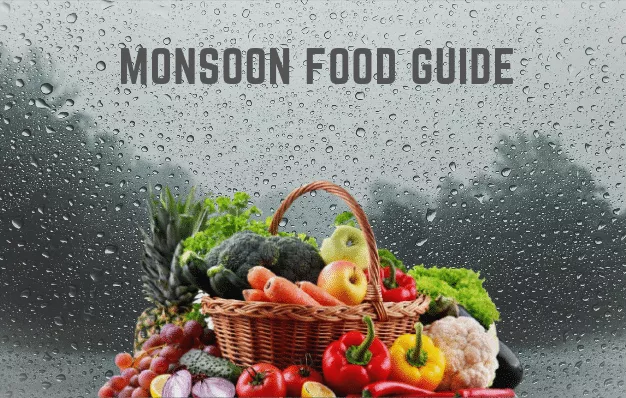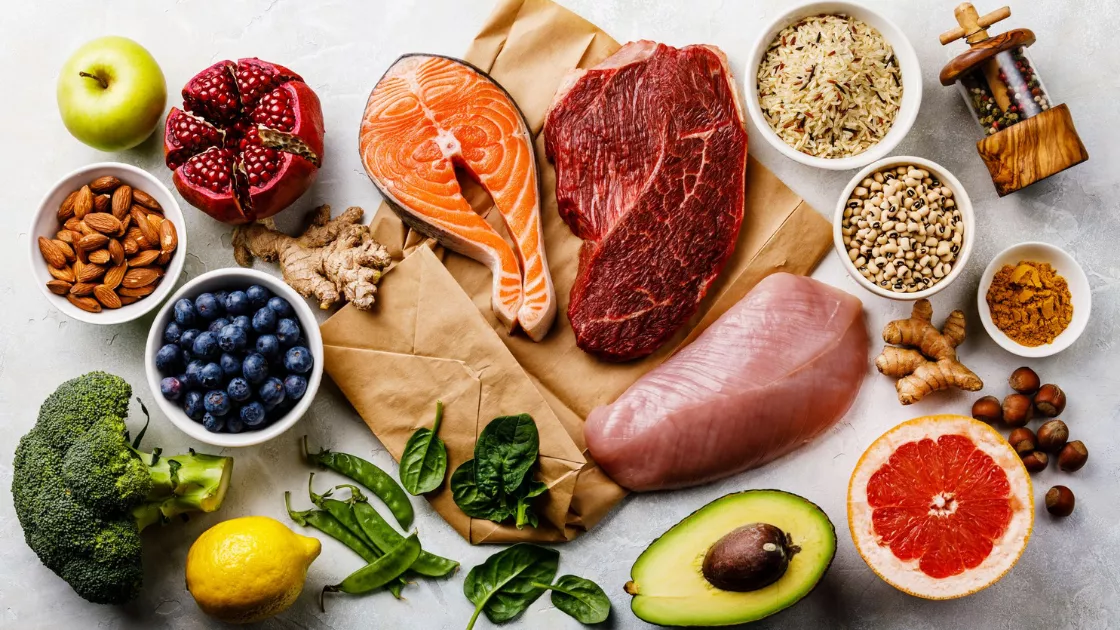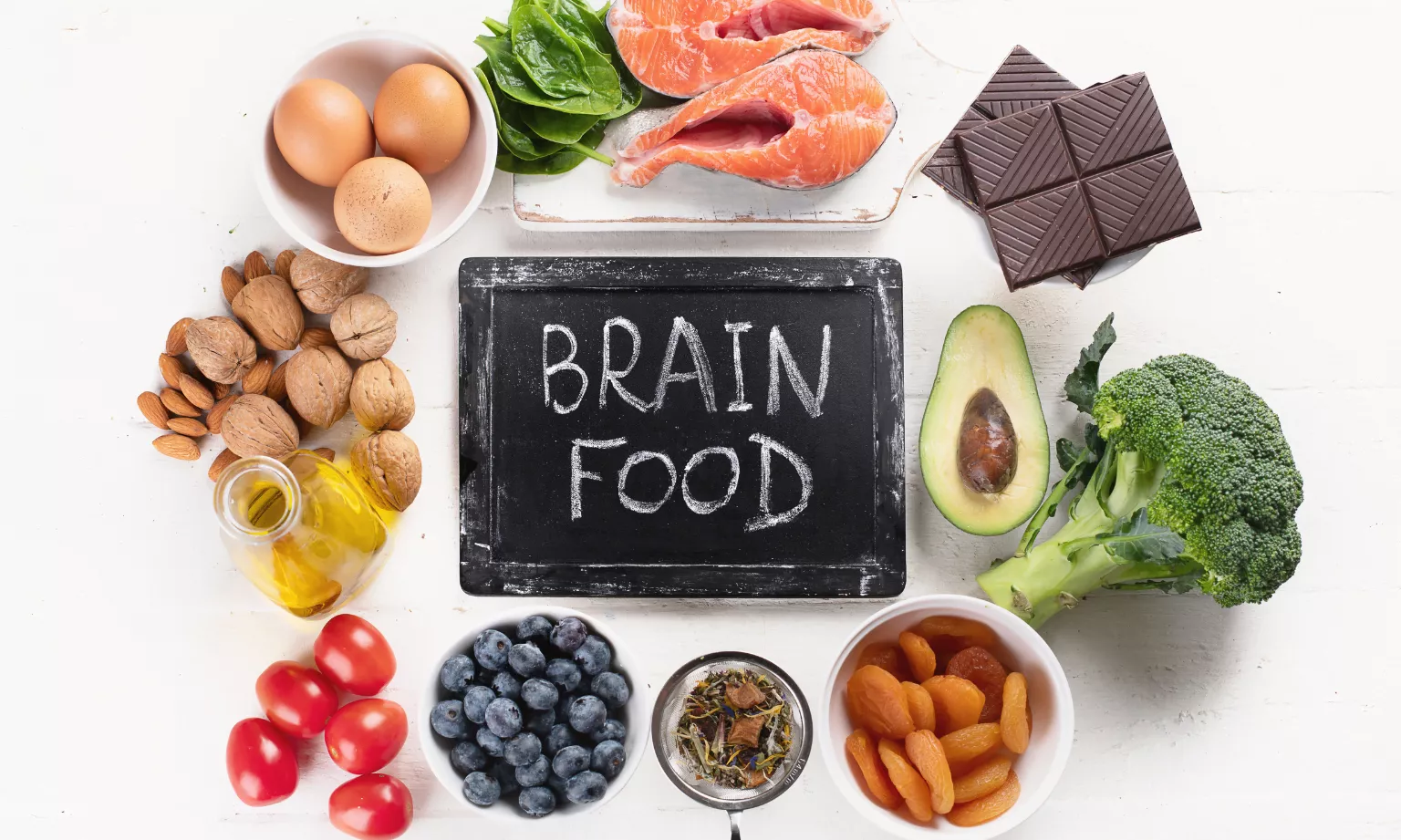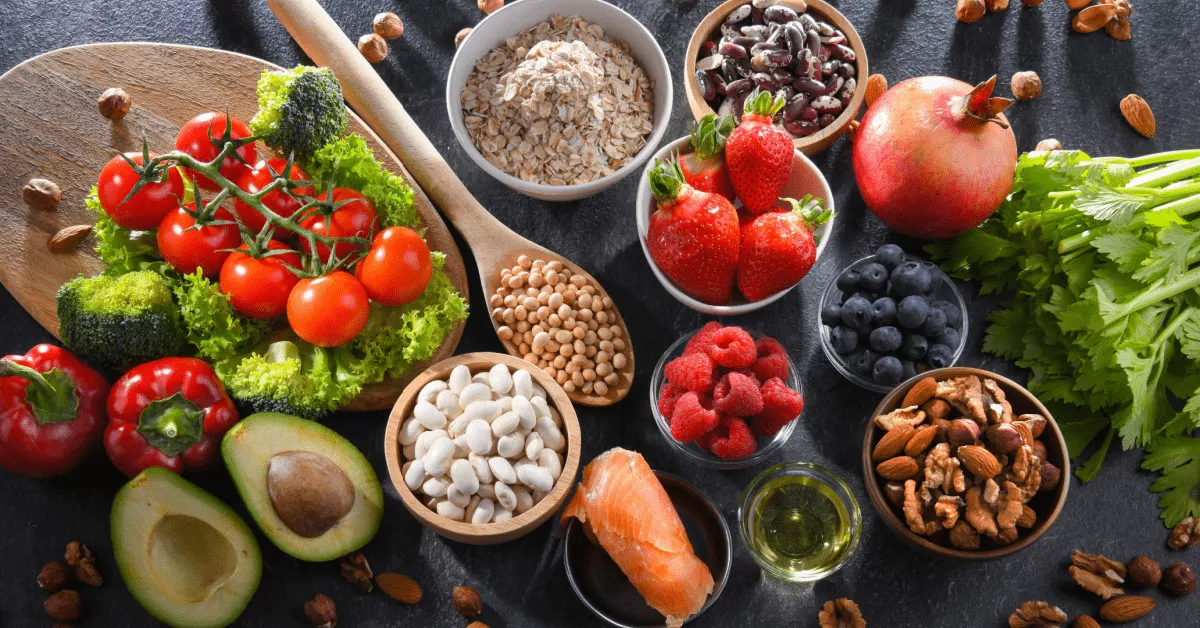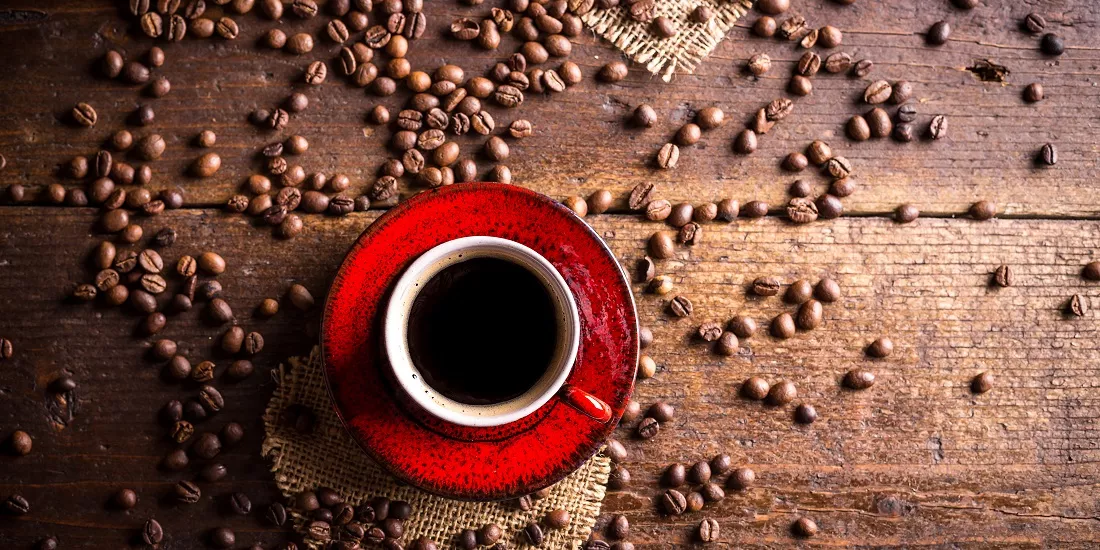The rain brings a welcome break from summer heat. But it also brings changes inside your body. Digestion slows down. Infections become more common. Cravings kick in. You feel like reaching for something fried, spicy, or sweet. But not every monsoon season food suits your system during this time.
Eating during the monsoon requires more thought than usual. Your choices can support immunity, or they can increase your risk of falling ill. In this blog, we explore what to eat, what to avoid, and how to build habits that work well during the rainy season.
Why Food Matters More in the Monsoon
Rainy weather changes how your body reacts to food. Humidity affects gut function. Moisture in the air makes it easier for bacteria and fungi to grow. The result is simple. Your body takes longer to digest heavy food. Spoiled or contaminated ingredients can make you sick.
Infections spread more easily, especially through water and poorly handled meals. To stay healthy, your food needs to be fresh, warm, and easy on the stomach. A monsoon diet should support digestion without putting extra pressure on the system.
Foods That Work Well in Rainy Weather
The best food for the monsoon season is simple, light, and cooked just before eating. Raw or refrigerated items can upset your stomach if not handled properly. Warm meals with local ingredients are your safest bet. Include more of the following:
- Soup with herbs and spices. Garlic, pepper, and ginger add warmth and aid digestion
- Steamed vegetables like bottle gourd, ridge gourd, and carrots
- Lentils and rice prepared as khichdi or other light dishes
- Fermented dairy like curd or buttermilk, in small amounts, to support gut bacteria
- Seasonal fruits such as jamun, pears, pomegranate, and cherries
- Herbal tea with tulsi, cinnamon, or honey to settle the stomach
- Dry fruits and nuts like almonds, walnuts, and raisins for energy and nutrition
This kind of monsoon special food provides strength and comfort without burdening your system.
What to Stay Away From
Some foods feel tempting during this time. But they increase your chances of stomach trouble, acidity, or infection. The goal is to avoid anything that is difficult to digest or may have been exposed to contamination. Here are a few items to avoid:
- Uncovered street food - Exposure to dust, flies, and rainwater raises the risk of infection
- Deep-fried snacks - These feel satisfying but are harder to digest when humidity is high
- Raw leafy greens - They can trap dirt and bacteria that are not always washed away easily
- Seafood - It is best avoided during the monsoon because of breeding season risks
- Water-rich fruits - Fruits like watermelon and cucumber can cause bloating
- Very spicy or oily gravies - These increase acid reflux and reduce digestive comfort
- Over-salted snacks - They cause the body to retain water, adding to sluggishness
Being careful with what you eat now will help you avoid trouble later. Nutritionists and dietitians recommend focusing on food that is both nourishing and safe for your digestive system.
Habits That Keep You Healthy During the Rain
What you eat is important. But how and when you eat matters too. Monsoon often affects sleep patterns, appetite, and energy levels. Eating the right way helps you adjust better. Use these habits to stay balanced:
- Drink warm water through the day and avoid ice-cold drinks
- Eat meals at fixed times. Don’t skip breakfast or delay dinner
- Avoid lying down right after eating. Give your body time to digest
- Wash fruits and vegetables properly. Soak leafy greens in clean water before use
- Do not store cooked food for long. Prepare fresh meals wherever possible
- Chew slowly. Fast eating creates gas and bloating
- Choose home-cooked meals over packaged snacks
These routines help your gut cope with the slow pace of the season. They also reduce the chances of infection.
Handling Monsoon Food Cravings
It is normal to crave comfort food when it rains. You might want fried pakoras, spicy noodles, or sugar-filled tea snacks. It is not wrong to indulge once in a while. But it is important to be mindful.
Try healthier versions. Bake instead of deep-frying. Add more vegetables. Use herbs and spices for flavour instead of excess oil or salt. Small swaps can help you enjoy monsoon food cravings without causing discomfort.
Final Thoughts
The monsoon is a beautiful time, but it can affect your health if you are not careful with food. What you eat affects how your body handles the weather. The right choices protect you from illness, keep your energy steady, and allow you to enjoy the season without discomfort.
Choose fresh, simple, cooked meals. Avoid anything that might have been stored, undercooked, or exposed to moisture. Let your diet be light and your routine steady. If you feel unsure, speak to a qualified professional. Connect with the best nutrition and dietetic hospital, like the Aster Hospital team, to optimise your diet and health.
